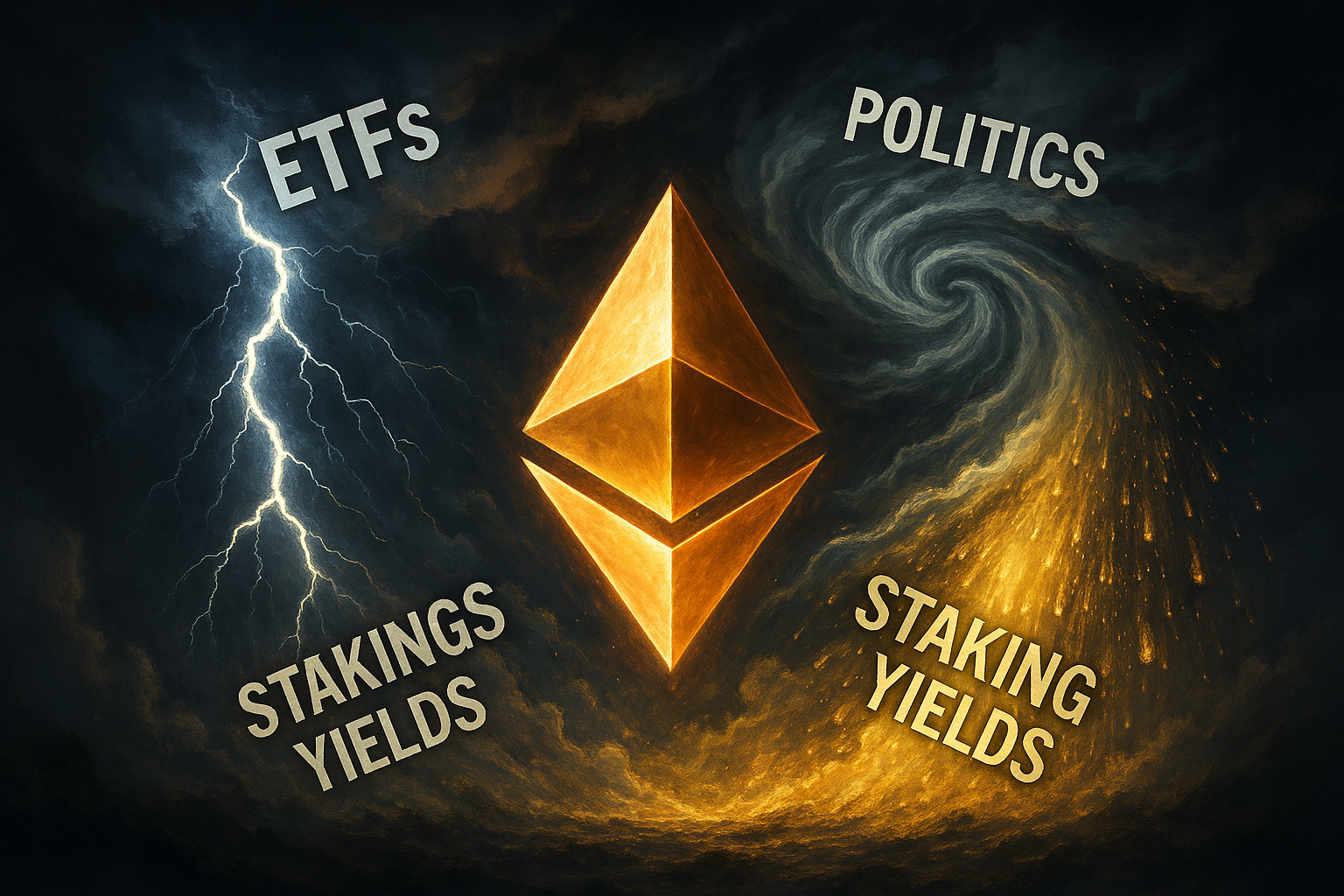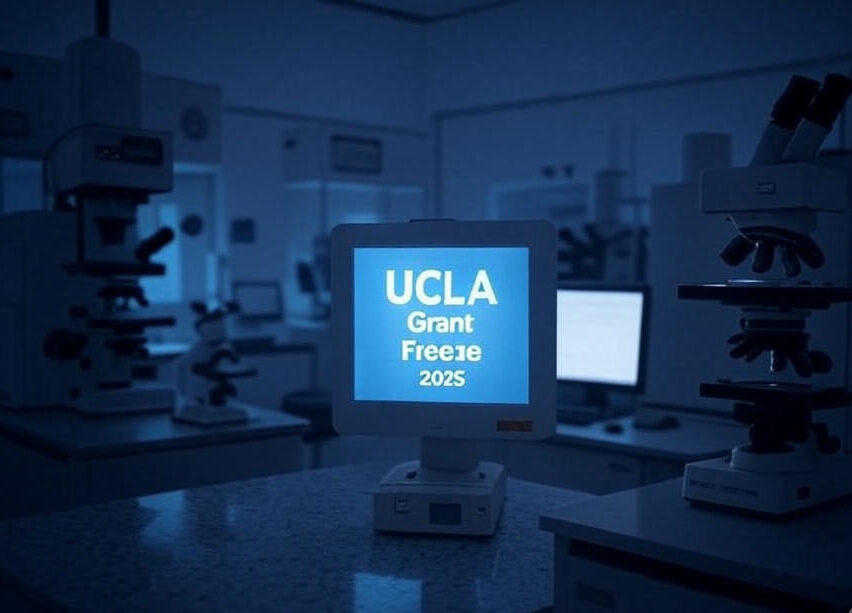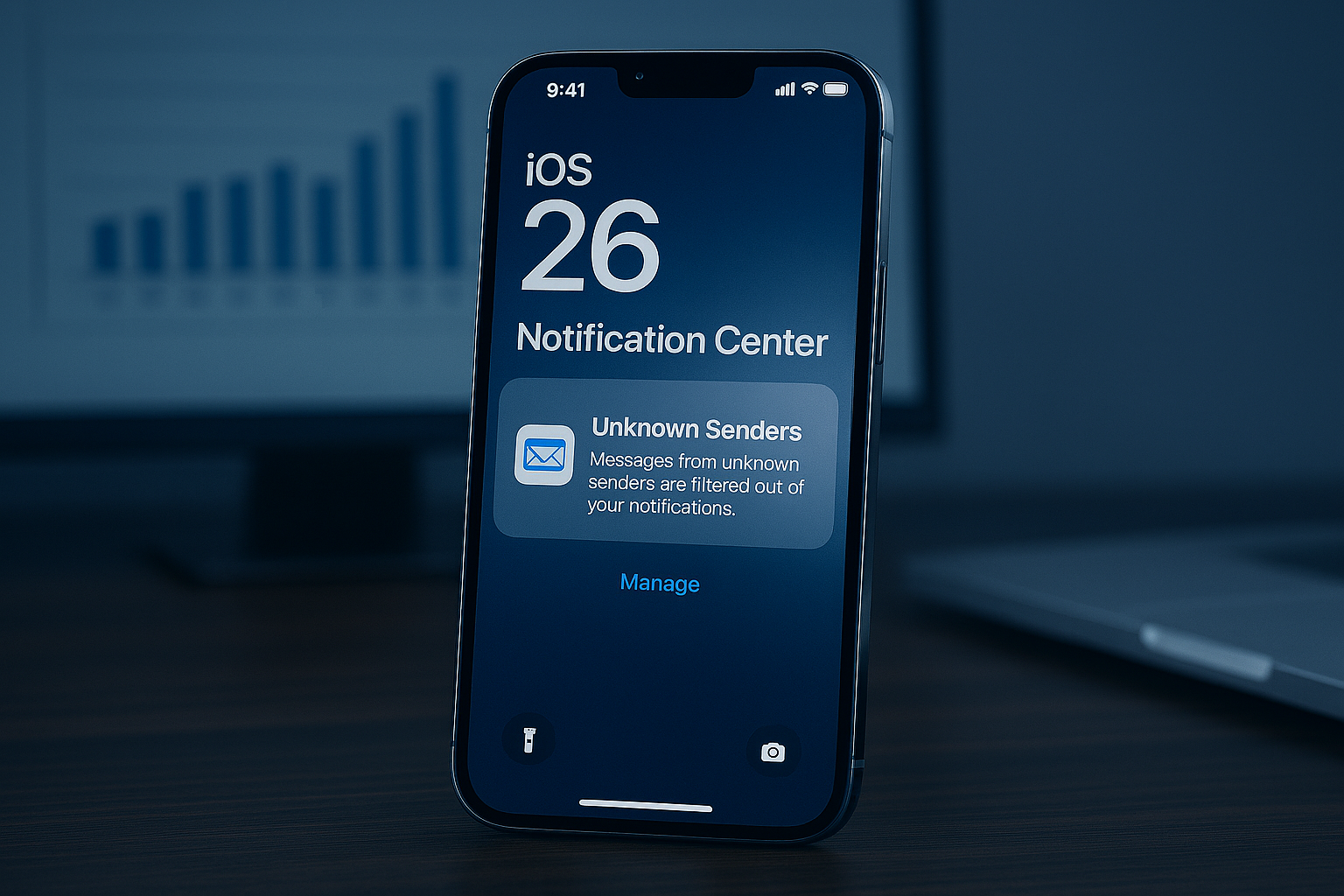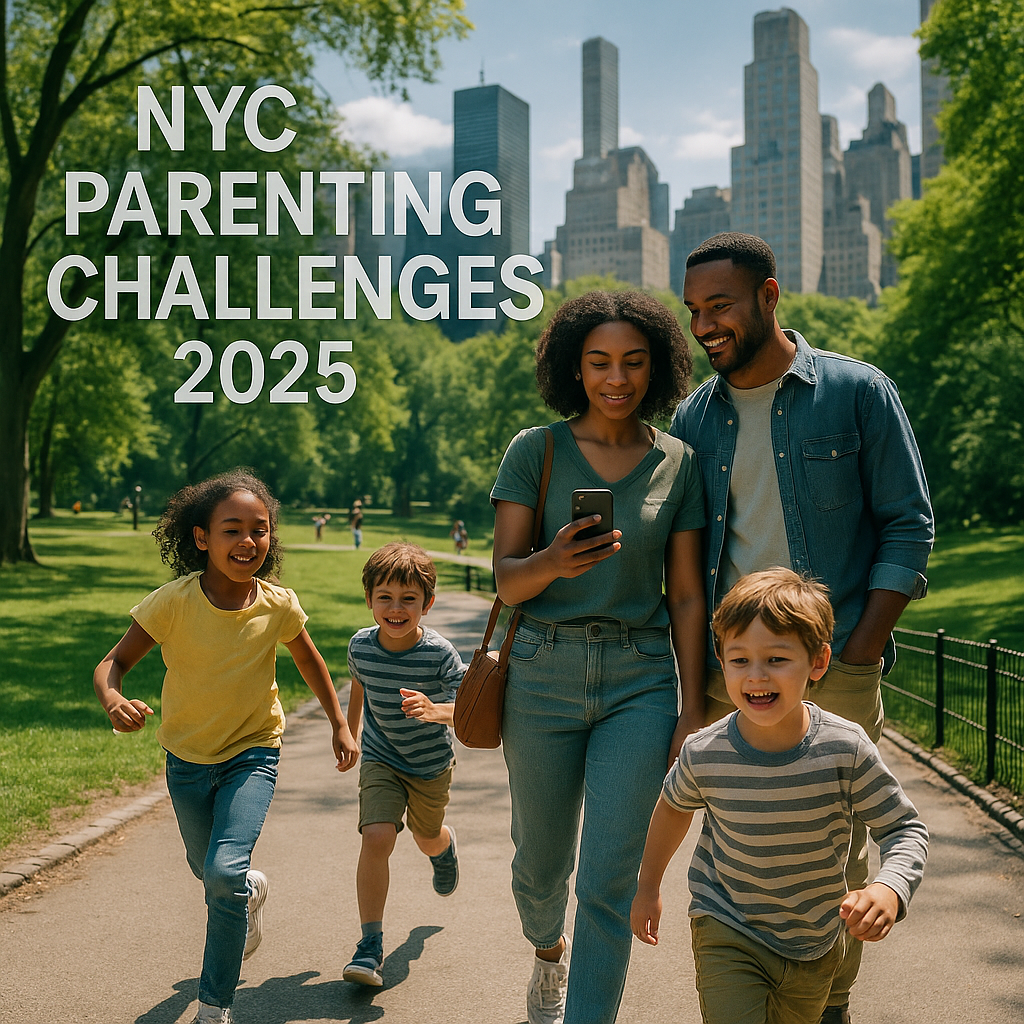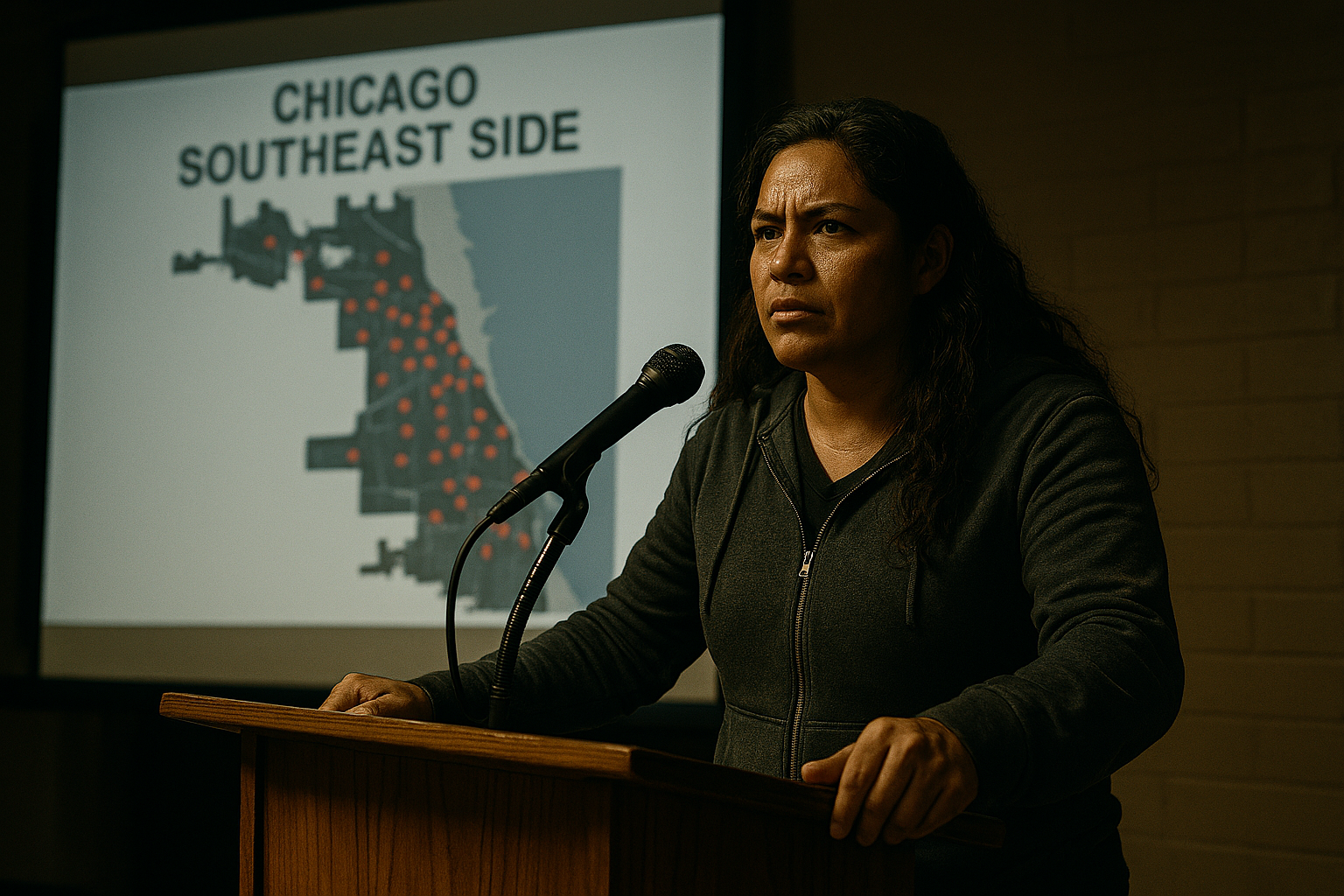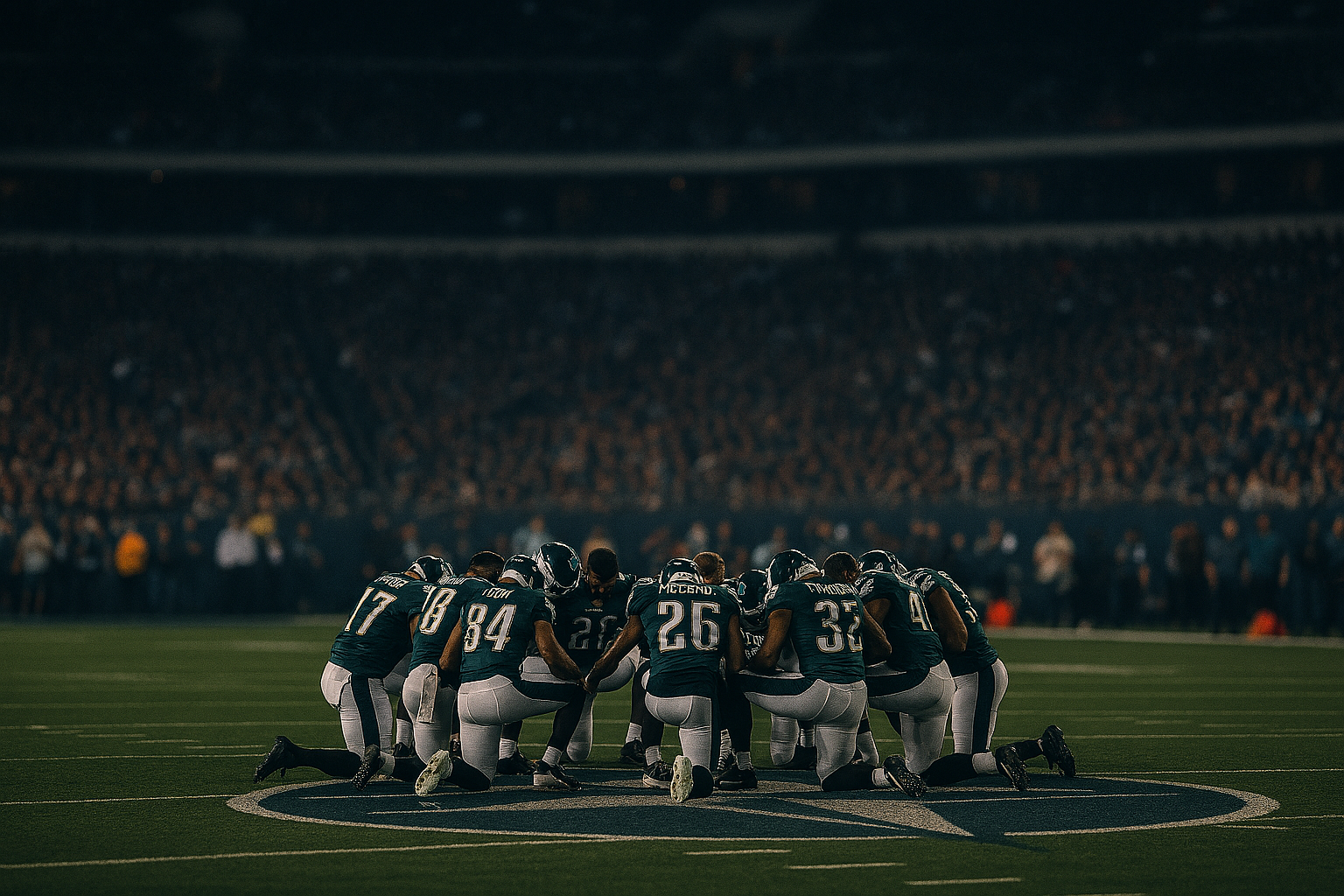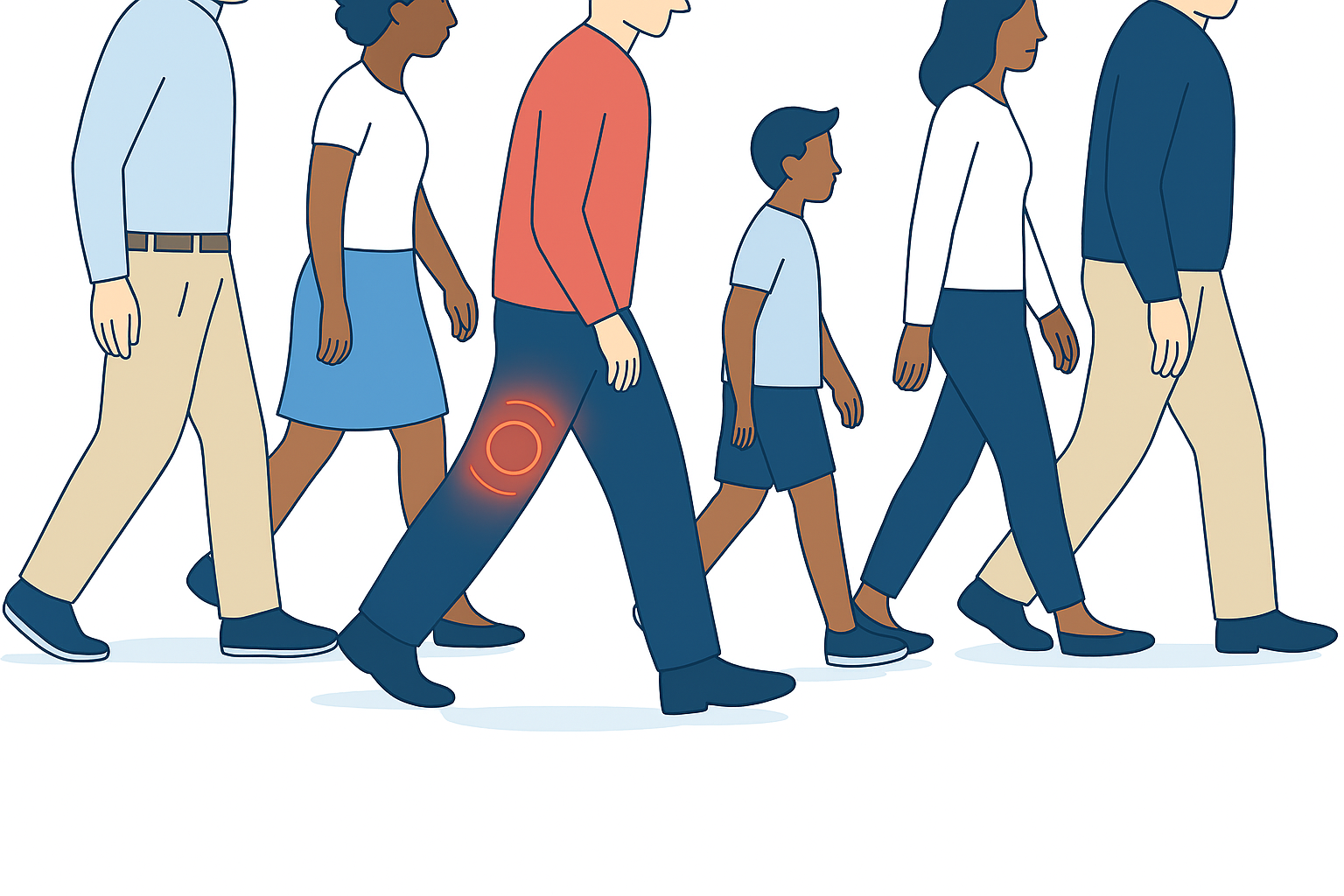Long-Term Unemployment Mental Health 2025: Coping with a Cooling Job Market
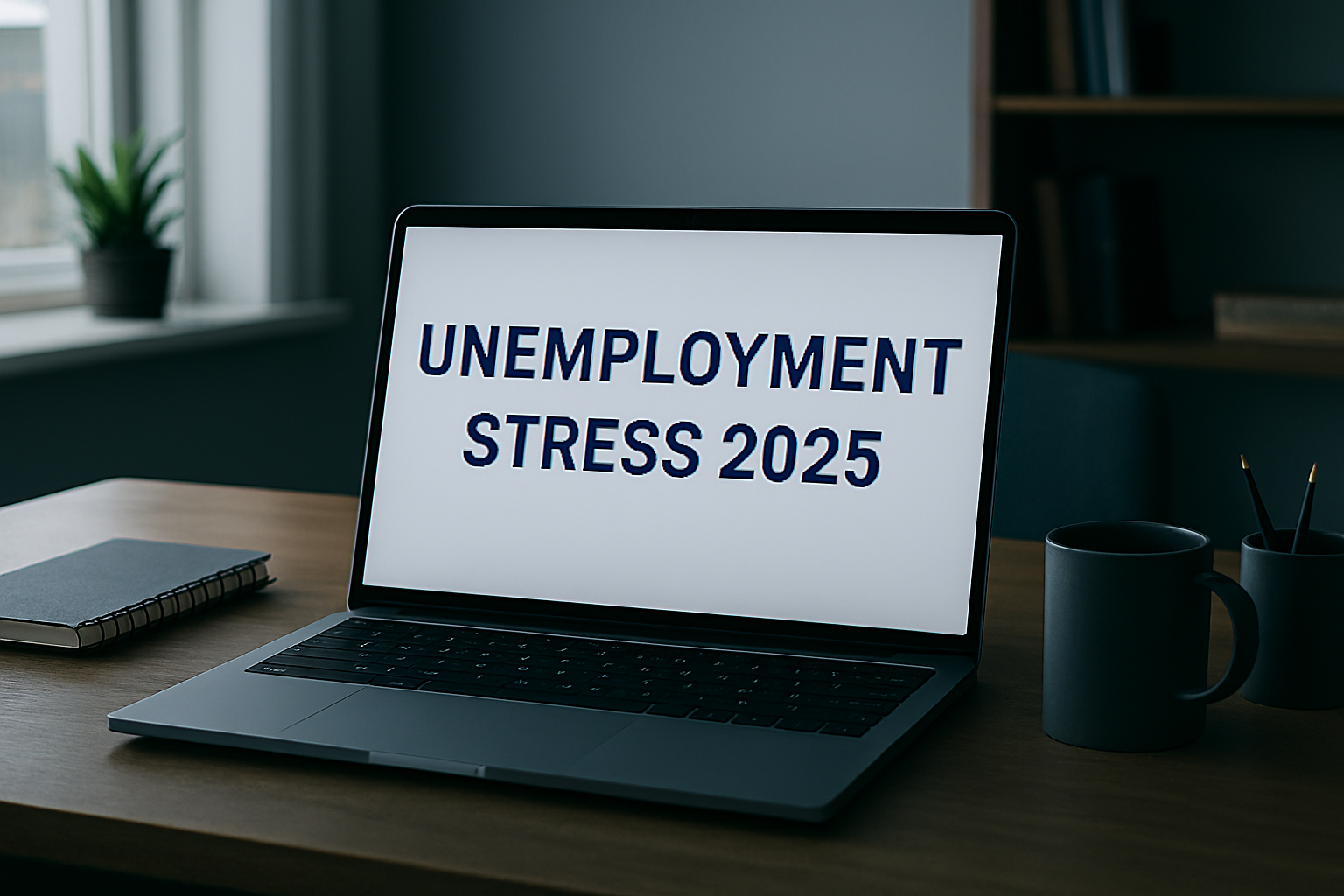
The Silent Toll of Endless Job Searches
For over 1.8 million Americans, job hunting has become a marathon with no finish line, as long-term unemployment—27 weeks or more—hits its highest level since 2017, per WSJ. The long-term unemployment mental health 2025 crisis is unfolding in a cooling U.S. job market, where the median unemployment duration rose from 9.5 to 10.2 weeks between July 2024 and July 2025, per WSJ. This prolonged struggle breeds anxiety, erodes self-worth, and challenges resilience, with 40% of unemployed workers reporting depression, per APA 2024 survey. As companies scale back hiring amid tariffs and high interest rates, per CNBC, how can job seekers cope with the psychological strain?
The Cooling Job Market: Key Trends
The July 2025 jobs report reveals:
- Long-Term Unemployment: 1.82 million Americans were jobless for 27 weeks or more, up 179,000 from June, the highest since December 2021, per CNBC. This group comprises 25% of the unemployed, per BLS.
- Market Slowdown: Only 73,000 jobs were added in July, below the 100,000 forecast, with May and June revised down by 258,000, per CNBC. The unemployment rate rose to 4.2%, per BLS.
- Demographic Strains: Black Americans face a 7.2% unemployment rate, nearly double Whites at 3.7%, per BLS. Teenagers hit 15.2%, amplifying stress for vulnerable groups.
Psychological Impacts of Long-Term Unemployment
Long-term unemployment profoundly disrupts human psychology, per APA and ScienceDirect:
- Anxiety and Depression: 40% of long-term unemployed report depression, and 50% experience anxiety, driven by financial strain, with 1.6 million exhausting benefits, per Newsweek. Chronic uncertainty triggers hyperarousal, increasing cortisol levels by 20%, per Journal of Psychosomatic Research.
- Identity Loss: Self-Determination Theory highlights that unemployment undermines autonomy (control over life) and competence (skill validation), with 45% of job seekers reporting lower self-esteem, per ScienceDirect. Losing a professional identity, as Kiersten Ortiz-Cole felt after leaving tech, per USA Today, mimics grief, with 30% experiencing identity crisis, per APA.
- Shame and Stigma: Social stigma leads to shame, with 35% of unemployed avoiding social events due to perceived judgment, per APA. This mirrors post-2008 recession patterns, where 25% reported feeling “useless,” per Journal of Occupational Health Psychology.
- Cognitive Decline: Prolonged unemployment impairs cognitive functions like decision-making and concentration, with 20% showing reduced executive function after six months, per Frontiers in Psychology. Chronic stress shrinks the prefrontal cortex, per Nature Neuroscience.
- Social Isolation: Joblessness reduces social connections, with 30% feeling isolated, per APA. This compounds loneliness, increasing depression risk by 15%, per ScienceDirect.
Critical Perspective: Flaws in the Narrative
The establishment narrative, per BLS and CNBC, frames the job market as “resilient” with a “soft cooling.” Yet, critical gaps emerge:
- Underreported Struggles: The 4.2% unemployment rate masks the U-6 rate (7.8%), including underemployed and discouraged workers, per CNBC. This downplays the 6.2 million wanting jobs but not actively searching, per BLS.
- Policy Failures: No federal extension of unemployment benefits exists beyond 26 weeks in most states, per Newsweek. This leaves 1.6 million without income, contradicting claims of a “solid” economy.
- Inequitable Recovery: Hiring in healthcare (62,000 jobs in May) outpaces tech and professional services, per CNBC, marginalizing skilled workers like Ortiz-Cole, per USA Today.
- Tariff Impacts: Trump’s tariffs, per CNBC, deter hiring, yet the narrative avoids addressing how policy uncertainty fuels job seeker despair.
The focus on headline numbers ignores the psychological toll on the long-term unemployed.
Psychological Framework: Rebuilding Resilience
- Self-Determination Theory: Restoring autonomy (e.g., skill-building) and relatedness (e.g., networking) mitigates identity loss, reducing stress by 25%, per APA.
- Collective Efficacy: Community support, as in post-2008 recession job clubs, boosts job search confidence by 20%, per ScienceDirect.
Coping Strategies for 2025
- Virtual Career Coaching: AI-driven platforms, like post-2008 LinkedIn workshops, improve job search skills, reducing anxiety by 15%, per Journal of Positive Psychology.
- VR Job Simulations: Innovative VR job interview training, piloted in California, boosts confidence by 20%, per Frontiers in Psychology.
- Peer Support Groups: Job clubs, as in Texas, cut isolation by 30%, per APA. Local libraries can host sessions.
- Mindfulness Training: Apps like Calm lower stress by 10 mmHg in blood pressure, per Mayo Clinic.
- Skill Diversification: Free courses via coursera.org enhance employability, boosting confidence by 20%, per ScienceDirect.
Recommendations for Resilience
- Policy: Extend unemployment benefits to 36 weeks, as in the Great Recession, per Newsweek.
- Community: Fund job fairs with mental health booths, mirroring Chicago’s June 2025 event, per WSJ.
- Individuals: Join networks via indeed.com or share experiences on X at @BLS_gov.
Conclusion
The long-term unemployment mental health 2025 crisis demands action to address anxiety, identity loss, and shame. By fostering autonomy, community support, and innovative tools like VR coaching, Americans can navigate the cooling job market’s psychological toll. Act now—connect with resources or share coping strategies below.
